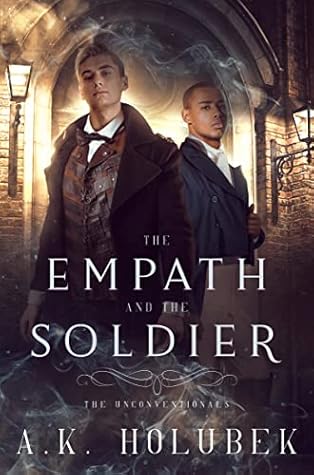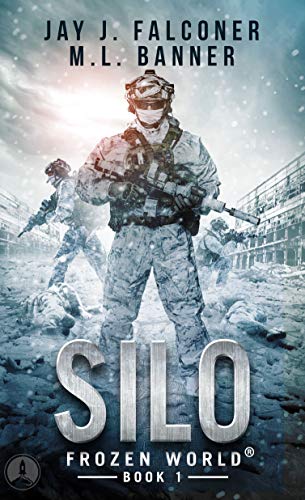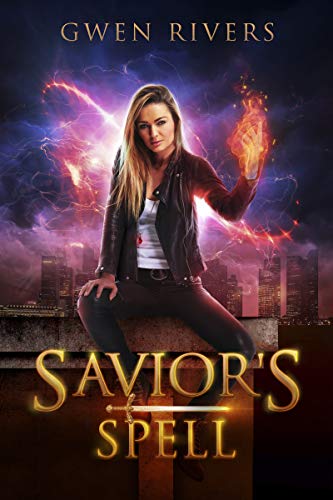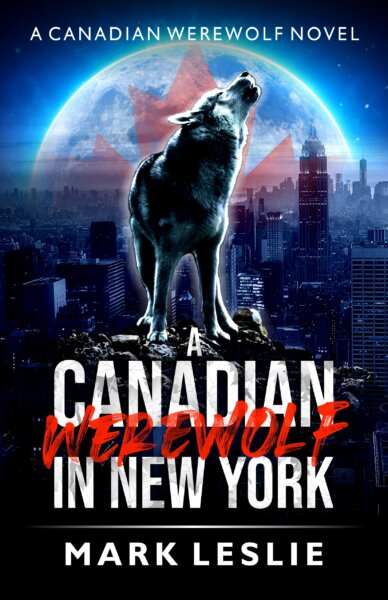
the empath and the soldier
High-fantasy book review
There’s quite a bit I liked about the Empath and the Soldier, GOODREADS has it at 4 stars. The prose is solid (and makes a distinct effort to fit within the time period of the events) the characters are strong, well defined, and given plenty of time to express themselves and grow, and the plot moves at a good pace ( albeit potentially a little too romance and intrigue heavy/light on action for some readers.)
However, the stand out quality of the book is the world building. The Empath and the Soldier is set within a renaissance era matriarchal society, something I found both refreshing and interesting, and goes through distinct effort (successfully) to make it immersive. There are so many small moments throughout the story that clashed with my expectations and reminded the reader subtly that this is a society constructed around women, moments ranging from a scarcity of men in the working environment, to small word changes (womankind versus mankind), and the predominant protagonists in the books fictional stories being women. (There’s other world building elements besides the matriarchal society as well, and these are likewise interesting and well implemented) Something the book lack was a proper exploration of the concept, with so many of its elements simply being a word and power dynamic swap instead of really delving into how a society run by women would differ from one run by men. There only two real cultural differences was a more liberal view on homosexuality and sex in general. (The second of these is also one of the cultural aspects that a matriarchal and patriarchal society would likely share due to the simple reality of how dangerous and debilitating pregnancy is. This problem of having to be the provider and simultaneously spend nine months pregnant is also a problem the book never addresses.)
The book’s second strongest element is probably its characters, which are complex in their personalities and motivations, with imperfections and strengths and excellent chemistry. The core romance is well paced with great chemistry and just enough internal and external drama to make its progression rewarding.
As above stated, the prose is solid, and the inclusion of letters within the actual narrative does a wonderful job of selling the time period.
The core plot, while compelling, is probably one of the weaker elements of the story. It’s strong in concept, and the story itself is well-paced, but the plot itself is a little bit slow and un-interactive. Long stretches of the story pass between the moments of meaningful plot progression, and those moments often don’t mesh with the style of the plot. This is a story of internal subversion and intrigue and not knowing who to trust, but most of the core plot moments are fairly straightforward action, and the story doesn’t try to ratchet up the tension in the interim of those moments. The counterpoint to this, is that those interim chapters and adventures are compelling and entertaining nonetheless, full of character and romance progression, and smaller conflicts. And when the core moments of plot do arrive, they tend to do so excellently. (Sometimes a little bit predictably, and sometimes a little unexpectedly, which I found quite pleasing.)
This high-fantasy book can be bought at Bookshop.org
If you enjoyed this review, consider subscribing so that Adventuresome Book Reviews goes directly to your email.
Help other readers find books to read via sharing Adventuresome Book Reviews. We specialize in indie/small press publications.



